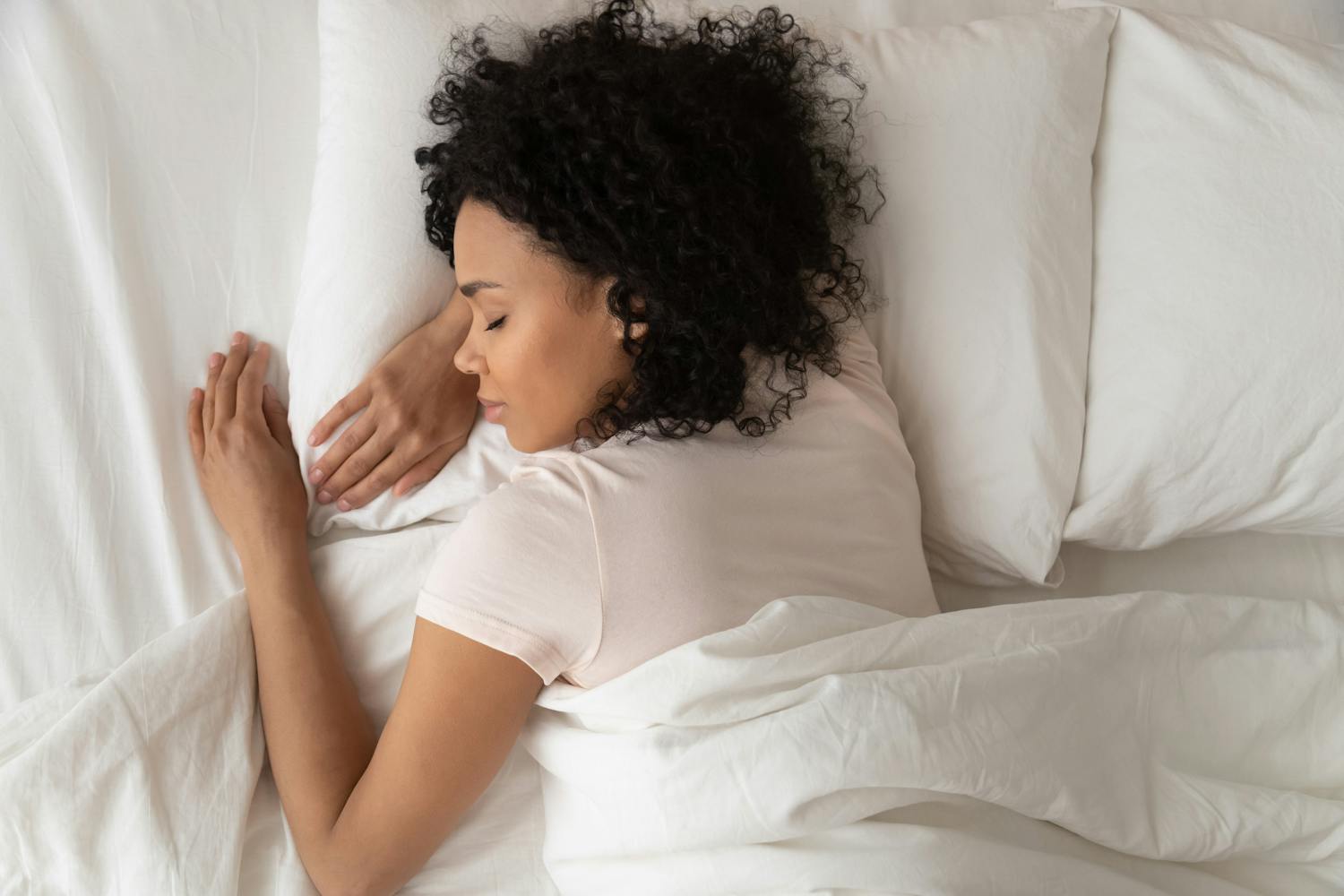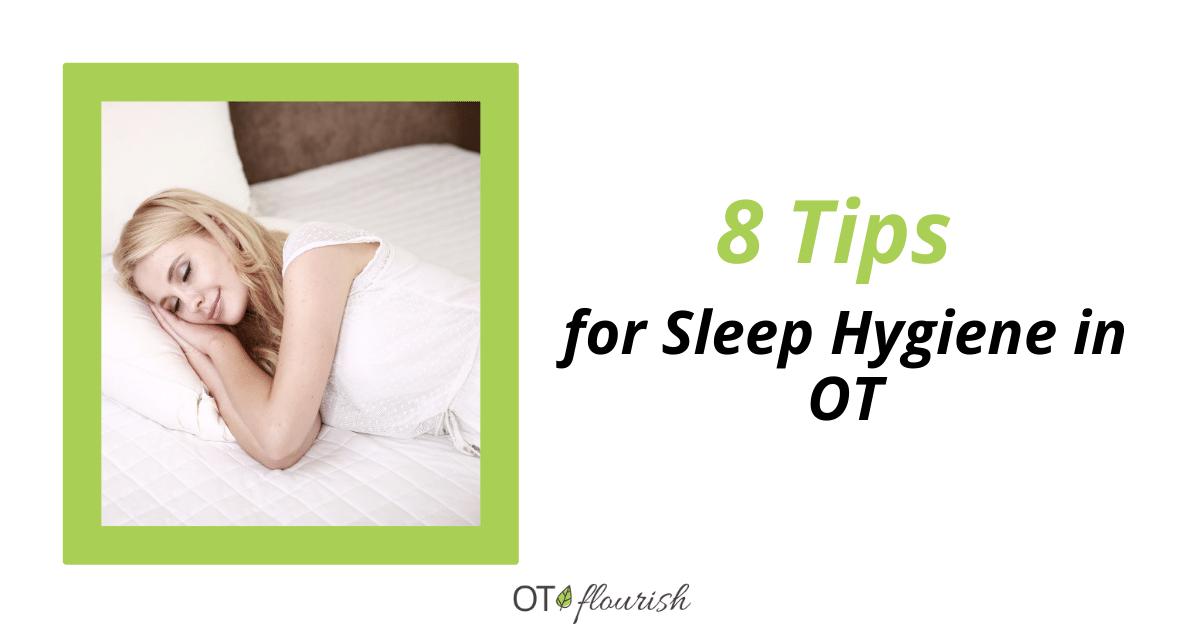Efficient Treatment Solutions for Handling Rest Disorders and Enhancing Peaceful Rest
In the realm of medical care, the monitoring of rest disorders and the pursuit for relaxed rest are pivotal elements of total health. As we navigate the complex landscape of sleep problems and look for to boost our sleep experience, a deeper understanding of these therapy options may hold the secret to opening a much more relaxing and fulfilling restorative trip.
Cognitive Behavior Modification for Sleeplessness (CBT-I)
Cognitive Behavior Modification for Sleeplessness (CBT-I) is an organized, evidence-based treatment technique that concentrates on resolving the underlying factors adding to sleep disturbances. This type of therapy aims to customize behaviors and ideas that exacerbate sleeplessness, ultimately advertising healthy and balanced sleep patterns. CBT-I generally involves a number of crucial parts, including cognitive therapy, rest restriction, stimulus control, and sleep hygiene education.
Cognitive treatment aids individuals recognize and transform adverse thought patterns and beliefs about sleep that may be preventing their capability to fall or remain asleep. Sleep constraint involves limiting the amount of time spent in bed to match the individual's actual rest duration, therefore raising rest efficiency (sleep deprivation help). Stimulation control methods help establish a strong association in between the bed and sleep by urging people to head to bed only when drowsy and to stay clear of involving in promoting tasks in bed
Moreover, sleep health education and learning concentrates on establishing healthy sleep practices, such as maintaining a regular sleep routine, developing a relaxing going to bed routine, and maximizing the sleep atmosphere. By dealing with these factors thoroughly, CBT-I offers an effective non-pharmacological treatment for managing insomnia and enhancing general rest top quality.
Rest Health Practices
Having established the foundation of cognitive restructuring and behavior adjustments in dealing with insomnia through Cognitive Behavior modification for Sleeping Disorders (CBT-I), the focus currently shifts towards checking out crucial Sleep Health Practices for keeping optimum rest quality and total well-being.
Rest health techniques encompass a series of routines and ecological aspects that can substantially affect one's capacity to sleep and stay asleep throughout the night. Consistent sleep and wake times, developing a relaxing going to bed regimen, and maximizing the sleep environment by keeping it dark, quiet, and cool are crucial elements of great sleep health. Limiting exposure to displays prior to bedtime, staying clear of energizers like high levels of caffeine near going to bed, and participating in normal physical activity throughout the day can likewise advertise far better rest high quality.
Moreover, practicing relaxation methods such as deep breathing exercises or reflection prior to bed can aid calm the mind and prepare the body for sleep. By including these rest health methods right into one's everyday routine, people can develop a healthy and balanced rest pattern that sustains relaxing rest and general wellness.
Relaxation Strategies and Mindfulness
Applying relaxation strategies and mindfulness methods can play a crucial role in cultivating a feeling of calmness and advertising quality sleep. Furthermore, directed images can help deliver individuals to a calm location in their minds, helping in anxiety decrease and improving rest quality.
Mindfulness practices, such as reflection and yoga exercise, are also effective in advertising leisure and boosting sleep. Mindfulness motivates individuals to remain existing in the minute, releasing stress over the past or future. By incorporating these methods right into a bedtime routine, individuals can signal to their bodies that it is time to unwind and prepare for rest. In general, integrating leisure strategies and mindfulness techniques can dramatically add to taking care of sleep conditions and boosting general sleep high quality.

Medicine Options for Sleep Disorders
After exploring relaxation techniques and mindfulness practices as non-pharmacological treatments for improving rest high quality, it is important to think about medication choices for individuals with sleep conditions. In situations where lifestyle adjustments and therapy do not offer sufficient alleviation, medication can be a useful tool in managing rest disturbances.
Commonly recommended medicines for rest disorders consist of benzodiazepines, non-benzodiazepine hypnotics, antidepressants, and melatonin receptor agonists. Antidepressants, such as trazodone, can be advantageous for people with co-occurring clinical depression and rest disturbances - cognitive behavioral therapy for insomnia (CBT-I).
It is essential for people to seek advice from a health care copyright to identify the most ideal drug alternative based upon their details rest disorder and clinical background.
Light Treatment for Body Clock Guideline
Light treatment, likewise called photo-therapy, is a non-invasive treatment method used to manage circadian rhythms and improve sleep-wake cycles. This treatment entails direct exposure to intense light that simulates all-natural sunshine, which helps to reset the body's inner clock. By subjecting individuals to particular wavelengths of light, usually in the early morning or evening relying on the preferred impact, light treatment can properly adjust the circadian rhythm to promote wakefulness throughout the day and enhance peaceful rest during the night.
Research has shown that light therapy can be particularly valuable for people with circadian rhythm conditions, such as delayed sleep phase disorder or jet lag. It can additionally be helpful for those experiencing seasonal affective problem (SAD), a type of depression that generally occurs throughout the winter season when all-natural light direct exposure is reduced. Light treatment is generally well-tolerated and can be utilized in combination with various other therapy methods for rest problems to maximize outcomes and boost general rest high quality.
Verdict
To conclude, reliable therapy options for managing sleep disorders and enhancing restful rest consist of Cognitive Behavior modification for Sleeplessness (CBT-I), insomnia solutions sleep health techniques, leisure strategies and mindfulness, drug alternatives, and light treatment for body clock regulation. These approaches can assist people boost their rest top quality and total well-being. It is necessary to consult with a health care company to establish one of the most ideal strategy for addressing rest concerns.
As we navigate the elaborate landscape of rest conditions and seek to improve our rest experience, a deeper understanding of these therapy options might hold the key to opening a more refreshing and satisfying restorative journey.
Rest constraint includes restricting the amount of time invested in bed to match the individual's actual rest period, thereby raising rest efficiency. Consistent rest and wake times, creating a relaxing going to bed routine, and optimizing the rest atmosphere by maintaining it dark, peaceful, and cool are critical components of excellent rest health. Light treatment is normally well-tolerated and can be used in conjunction with various other treatment techniques for sleep disorders to maximize results and boost overall rest high quality.

Comments on “Advanced Sleep Therapy - Achieve Deep, Peaceful Sleep”